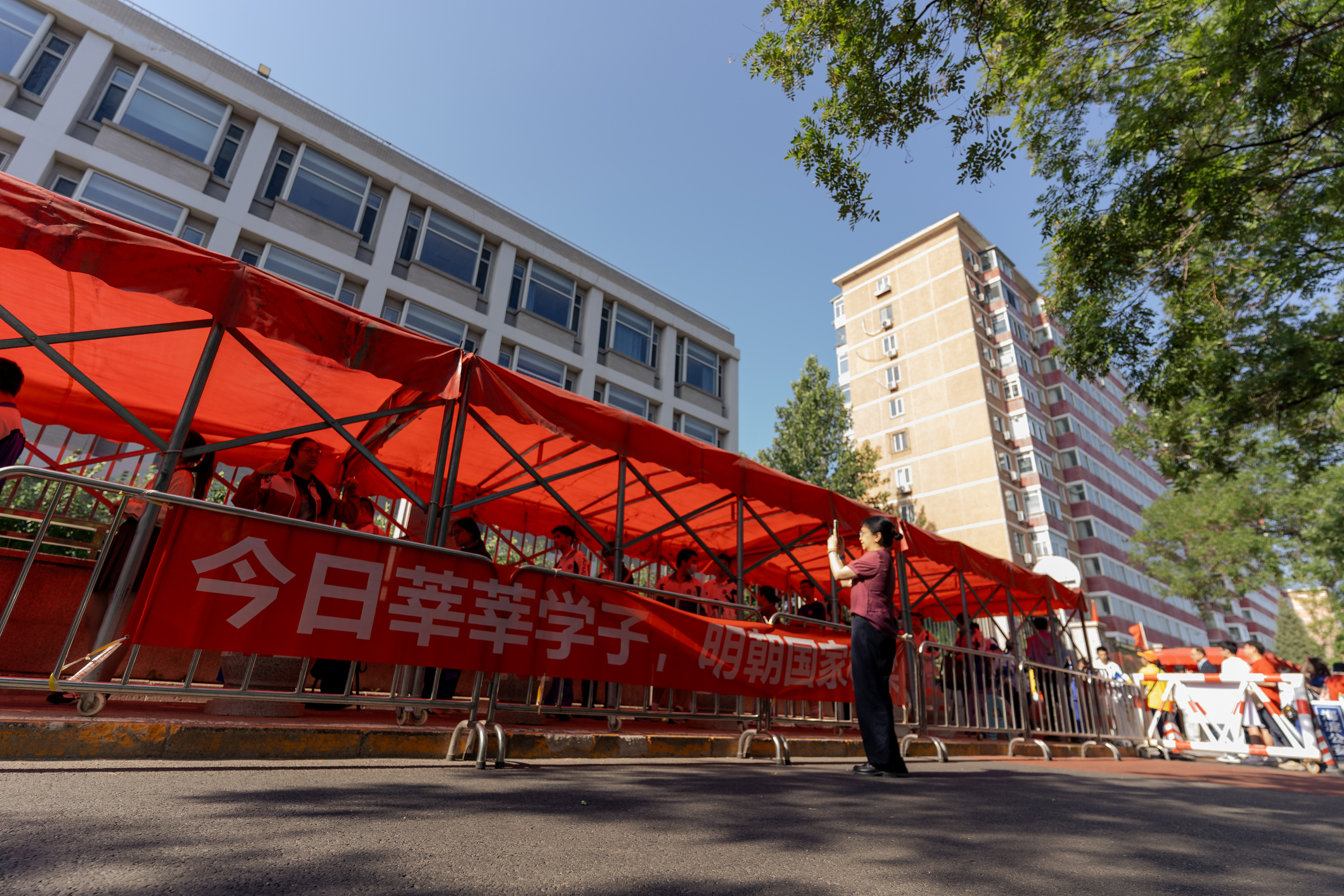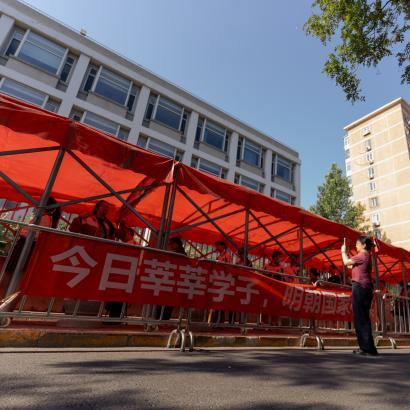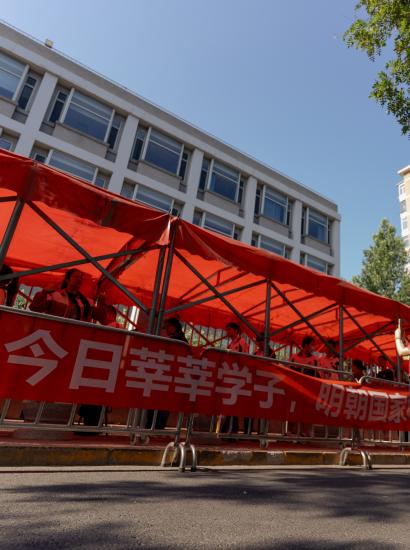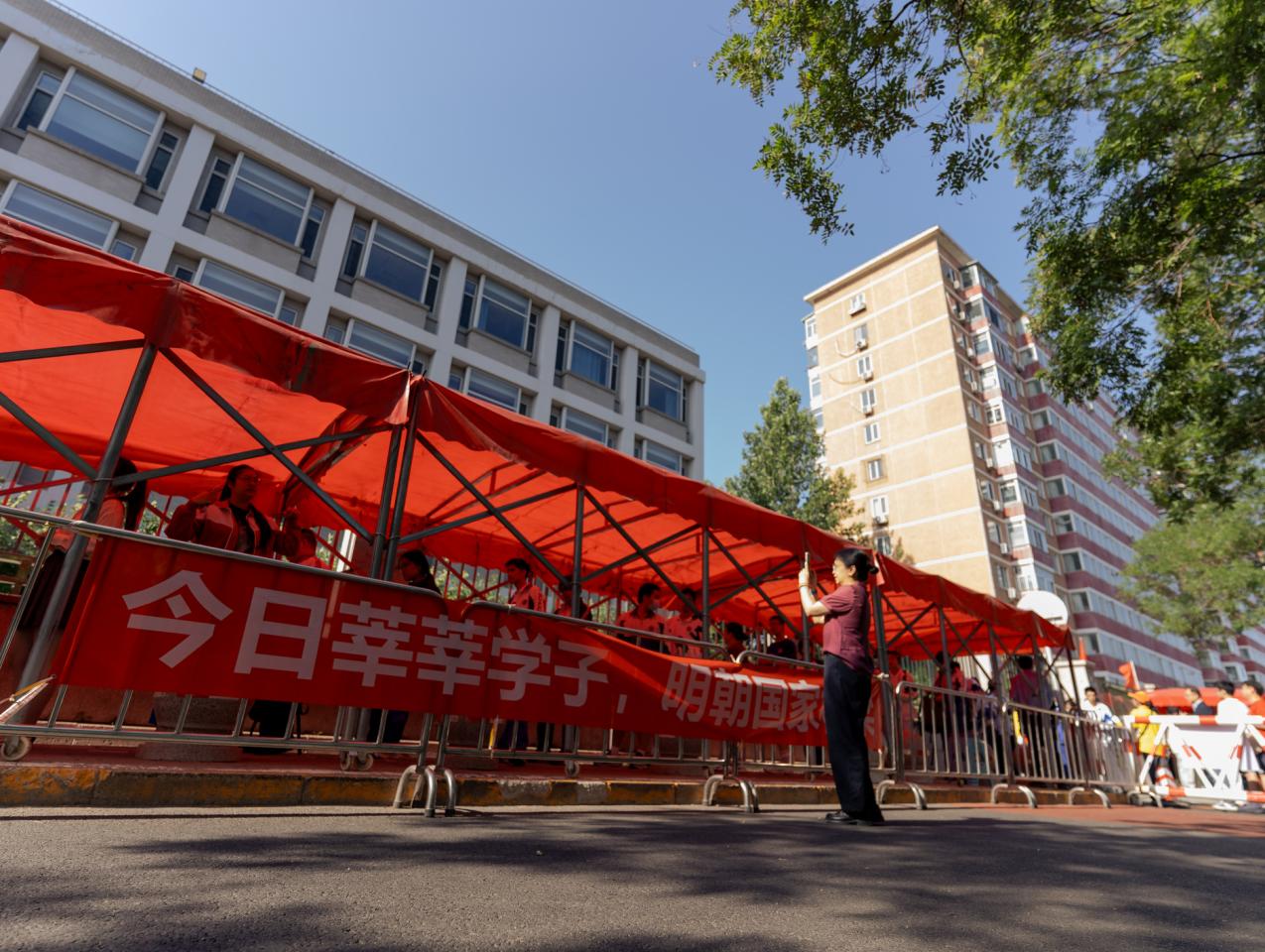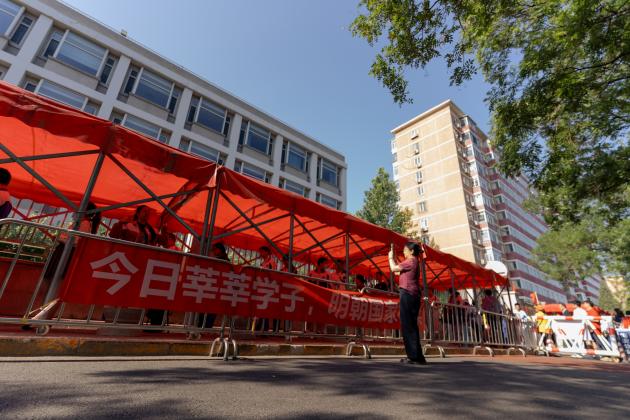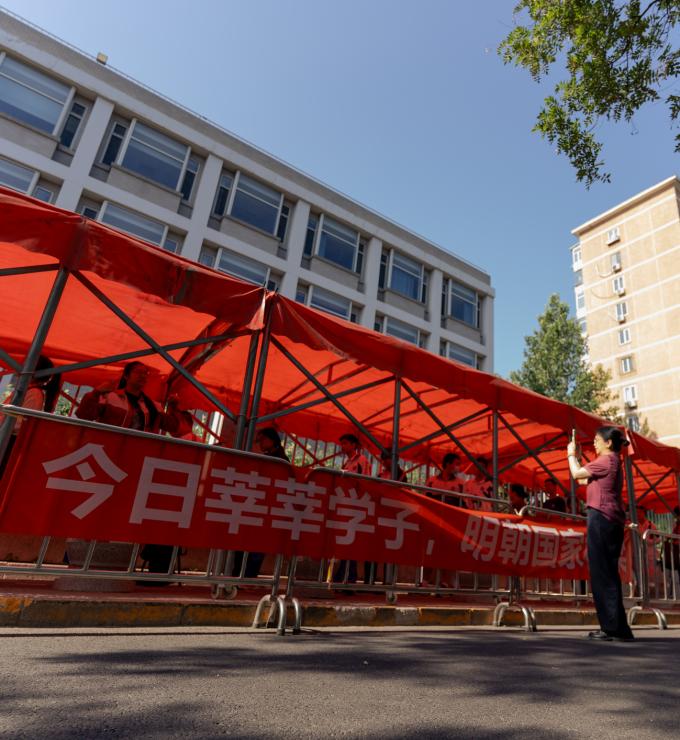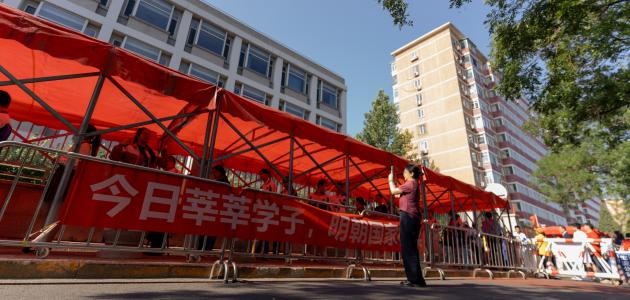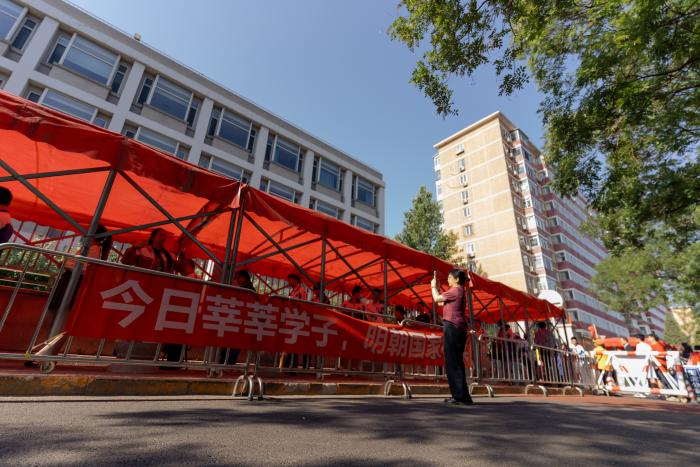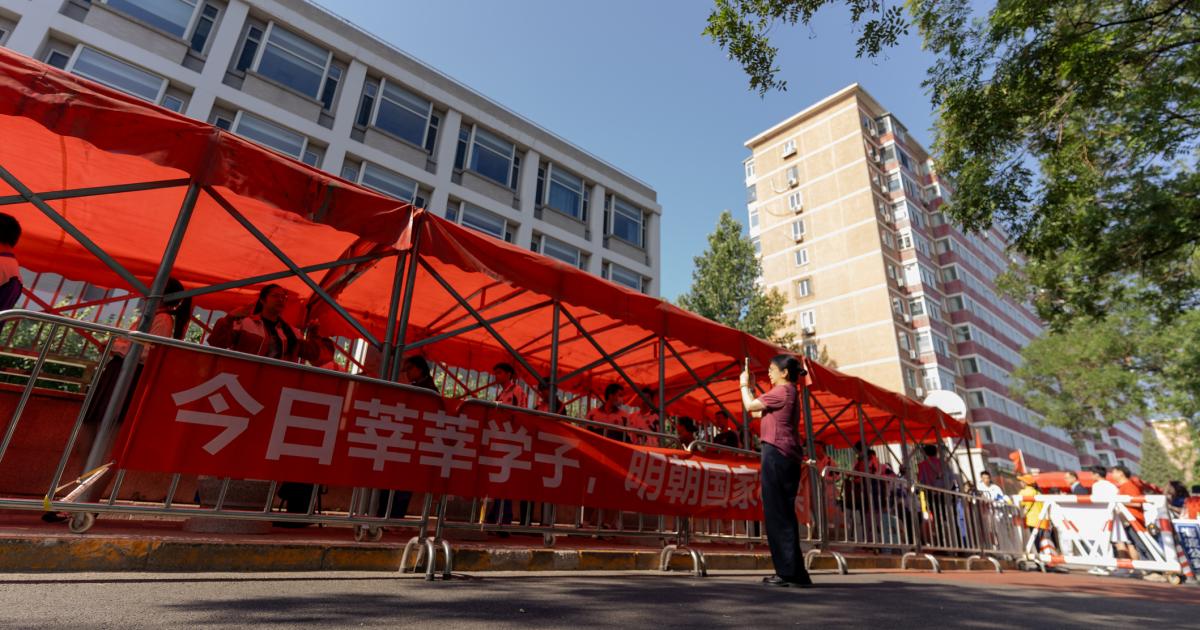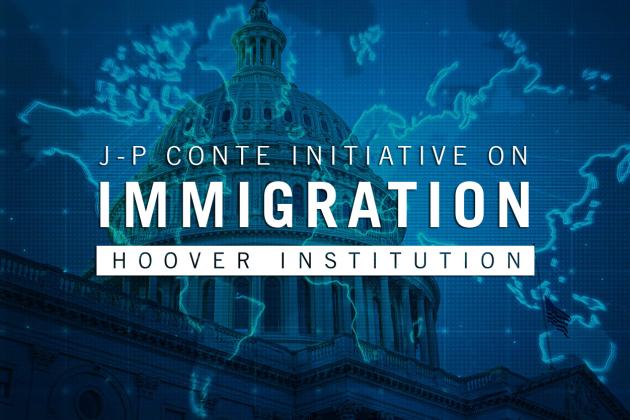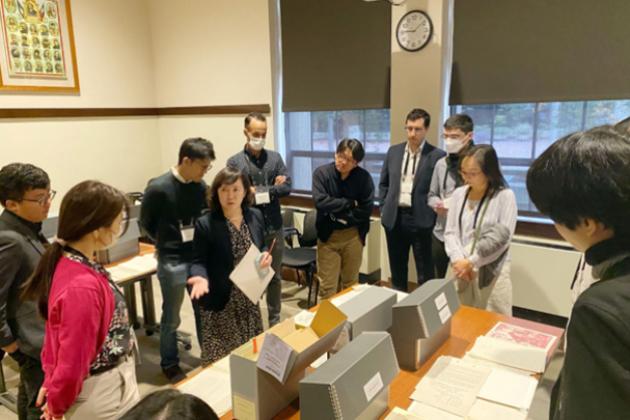The Hoover Institution Program on the US, China, and the World invites you to a roundtable on The Highest Exam: How the Gaokao Shapes China on Tuesday, November 11 , 2025 from 4:00 PM - 5:30 PM PT in the Shultz Auditorium, George P. Shultz Building.
Each year, over ten million Chinese students stake their futures on the gaokao, the high-pressure national college entrance exam that determines university admission. Unlike in the United States, where many factors are considered, the gaokao is the sole measure for students and has become a national obsession for families eager for upward mobility.
In their new book, The Highest Exam: How the Gaokao Shapes China, Ruixue Jia and Hongbin Li draw on research and personal experience to examine how this system drives social and economic life, supports government priorities, and shapes attitudes toward opportunity and meritocracy—often deepening social inequalities.
Join the authors for a discussion, moderated by Glenn Tiffert, as they explore how the gaokao shapes education, opportunity, and society in contemporary China.
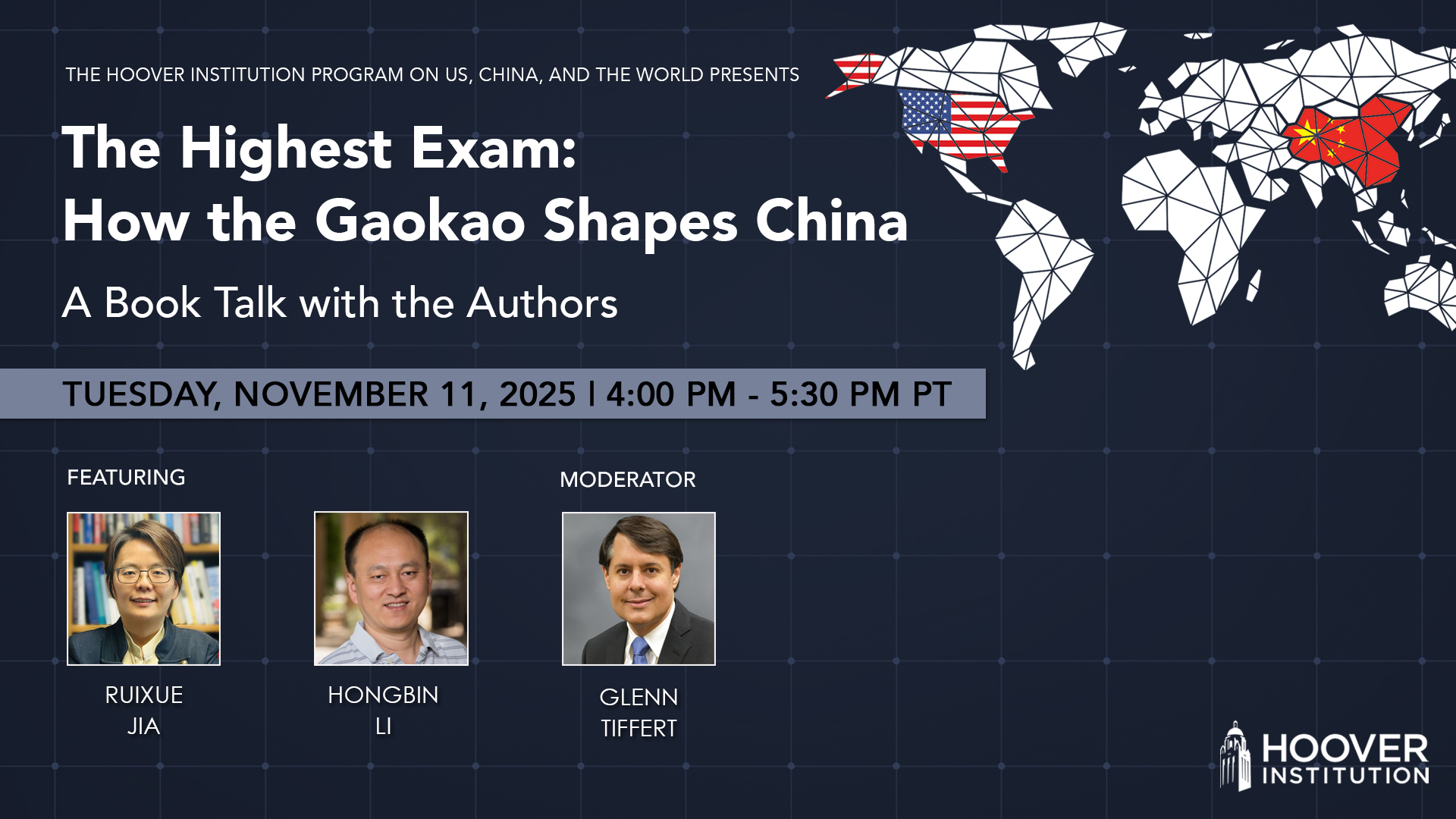
About the Speakers

Ruixue Jia is a professor of economics at the School of Global Policy and Strategy at UC San Diego. She serves as co-editor of the Review of Economics and Statistics, co-director of the China Data Lab, executive secretary of the Association of Comparative Economic Studies (ACES), and co-chair of the China Economic Summer Institute (CESI). Her research lies at the intersection of economics, history, and politics, examining how power structures evolve and shape economic development. Her recent work has focused on the political economy of idea formation and diffusion, with attention to the interplay among the state, education, science, and technology. Jia is affiliated with the Centre for Economic Policy Research (CEPR), CESifo, and the National Bureau of Economic Research (NBER). She has published over 20 articles in leading economics journals and is co-author of The Highest Exam, a new book on how China’s education system mirrors and molds society.

Hongbin Li is the Co-director of the Stanford Center on China's Economy and Institutions, and a Senior Fellow of Stanford Institute for Economic Policy Research (SIEPR) and the Freeman Spogli Institute for International Studies (FSI). Hongbin obtained his Ph.D. in economics from Stanford University in 2001 and joined the economics department of the Chinese University of Hong Kong (CUHK), where he became full professor in 2007. He was also one of the two founding directors of the Institute of Economics and Finance at the CUHK. He taught at Tsinghua University in Beijing 2007-2016 and was C.V. Starr Chair Professor of Economics in the School of Economics and Management. He also founded and served as the Executive Associate Director of the China Social and Economic Data Center at Tsinghua University. He founded the Chinese College Student Survey (CCSS) in 2009 and the China Employer-Employee Survey (CEES) in 2014. Hongbin’s research has been focused on the transition and development of the Chinese economy, and the evidence-based research results have been both widely covered by media outlets and well-read by policy makers around the world. He is currently the co-editor of the Journal of Comparative Economics and co-author of the book “The Highest Exam: How the Gaokao Shapes China” published by Harvard University Press.

Glenn Tiffert is a distinguished research fellow at the Hoover Institution and a historian of modern China. He co-chairs Hoover’s program on the US, China, and the World, and also leads Stanford’s participation in the National Science Foundation’s SECURE program, a $67 million effort authorized by the CHIPS and Science Act of 2022 to enhance the security and integrity of the US research enterprise. He works extensively on the security and integrity of ecosystems of knowledge, particularly academic, corporate, and government research; science and technology policy; and malign foreign interference.






